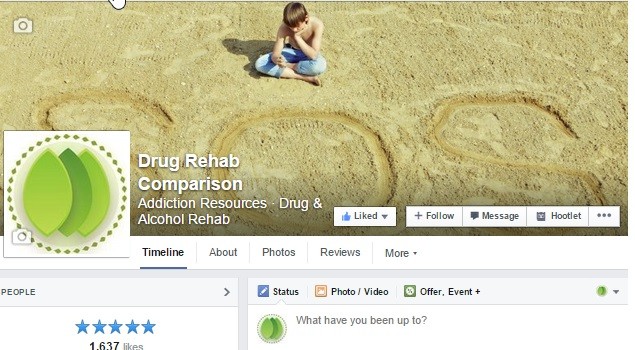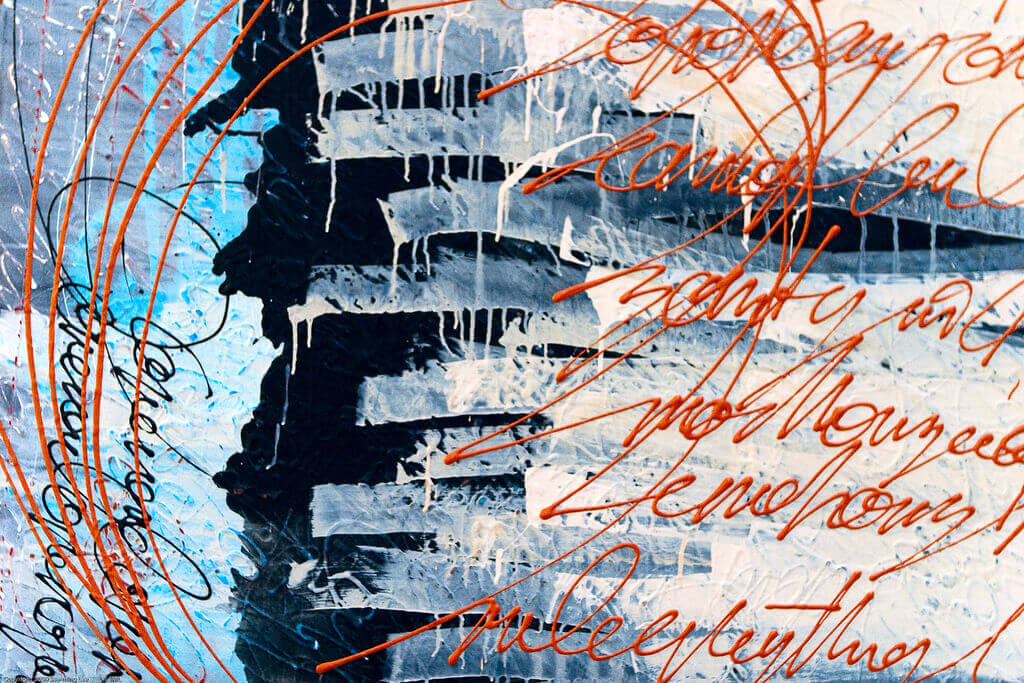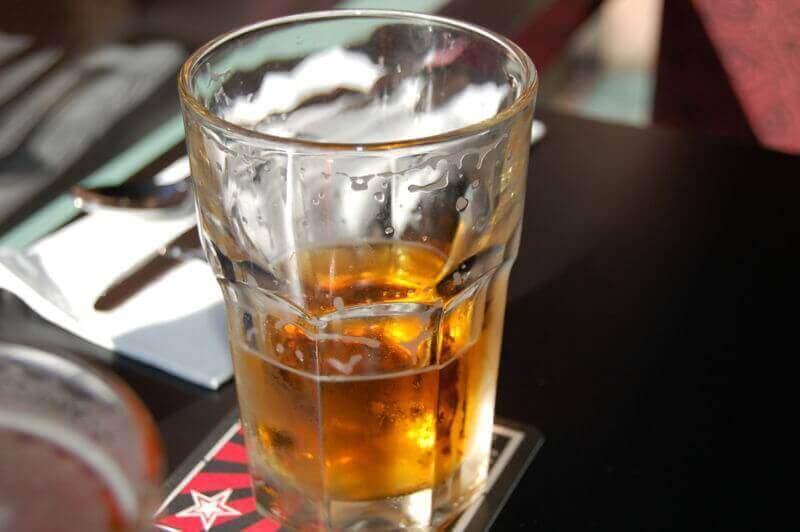 Before beginning this blog I wondered if a process as complex as recovery could actually be adequately and safely supported by social media. As I researched this topic I was surprised at how beneficial and utilized this method of support actually is. As we know social media is a huge world-wide phenomenon and it is used in many ways, so why not use it to support recovery. The question is does it work and how?
Before beginning this blog I wondered if a process as complex as recovery could actually be adequately and safely supported by social media. As I researched this topic I was surprised at how beneficial and utilized this method of support actually is. As we know social media is a huge world-wide phenomenon and it is used in many ways, so why not use it to support recovery. The question is does it work and how?
There is a wide array of online communities and social networks available to recovering addicts. There are also pros and cons to individuals in recovery using social media as a means of support. Addicts are not proud of their addiction and their addiction serves to isolate them from many of the friends and family they have. Once on the road to recovery they have something to be proud of and want to share this with others, as well as communicating with others who understand their struggles and the challenges of staying sober. Through social media people can reconnect with many people who they have lost touch with, this is the same for those in recovery and often it is much easier to share their experience through a keyboard than face to face.
We often hear the expression of “online community” and many of these social media sites are based around the concept of community. The idea of community can be very powerful in helping people feel like they belong to something and are part of something. These are all positive feelings and when associated with the recovery process will naturally reinforce the desire to maintain their sobriety. All models of recovery have a supportive element; the 12 step method for example is based around member’s roles in supporting each other. Also with this model addicts are allocated a sponsor who can be called upon for support. With social media this support is made instant with an endless amount of sponsors.
There are benefits to the extensive connections being made on social media sites; however there are concerns among clinicians and experts to the implications lack of face to face interaction has for recovery. This ever increasing phenomenon could lead to isolation, which would hinder the recovery process and the need for addicts to lead fully functioning lives which includes social interaction. On the other hand many individuals are already isolated due to their geography and the use of social media can alleviate this. All of this in mind it is important to understand that while it can be a significant support, social media should not replace face to face contact, as this is also an integral part of the 12 step meetings, support groups and counselling sessions.
Another hugely important point is that the individuals on social media can only share their own experiences of addiction and recovery, but they are not professionals. Because of this there is the potential for bad advice and information that may not be in the best interest of the individual requiring support.
The anonymity that online communities offer also poses problems, as some members on these sites may not be genuine; they may also be offensive and damage the process of recovery. Therefore those utilizing social media for support need to be cautious and do so safely and be informed on reputable sites that are well monitored. With regards to monitoring, this can be another down side. Professionals have raised concerns that some people may need immediate help, and this is not guaranteed as many sites are not an official service and do not have admins available 24/7. In this case should an individual not get the help they need and relapse there may be a level of responsibility felt by those running the site, discussion board or page, as well as other members.
With the potential possibilities and dangers addressed, there are a range of sites and pages available, some are independent websites for a range of issues, some are specific to addiction and types of addiction, and others are Facebook pages, blogs and discussion boards. Recovery Social Network was launched in 2013 for the recovery community; the page has 863 likes to date. Another site is Web Tribes Inc. which operates Addiction Tribe.com, this site has a massive 5,000 members. In total Web Tribe has 50,000 members seeking support for a range of issues such as depression, OCD, eating disorders and HIV/AIDS. MyRecovery.com is the equivalent of Facebook for those in recovery; it is a free site that allows you to set up a profile, with a wall allowing you to post photos, videos etc. As with other social media sites members can share as much or as little information as they wish. The site also serves as a resource center with a range of recovery tools available, including posts, videos and audio files. There is also a search function to find 12 step meetings close by, as well as online live video meetings.
Being safe and informed is key in using social media sites, being totally dependent on these services is not recommended and there is nothing better than actually sitting down with an actual living, breathing person and talking. However if you would like to see what sites are out there; 12step.org offers a list of social networking sites related to recovery in their directory section.
Drug Rehab Comparison has had a social media presence since our founding due mostly to our mission to promote recovery to as many people as possible.
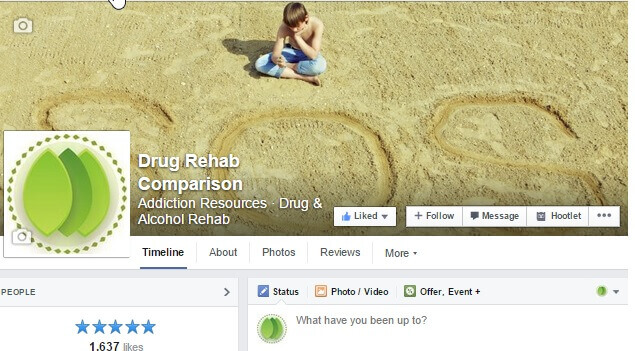
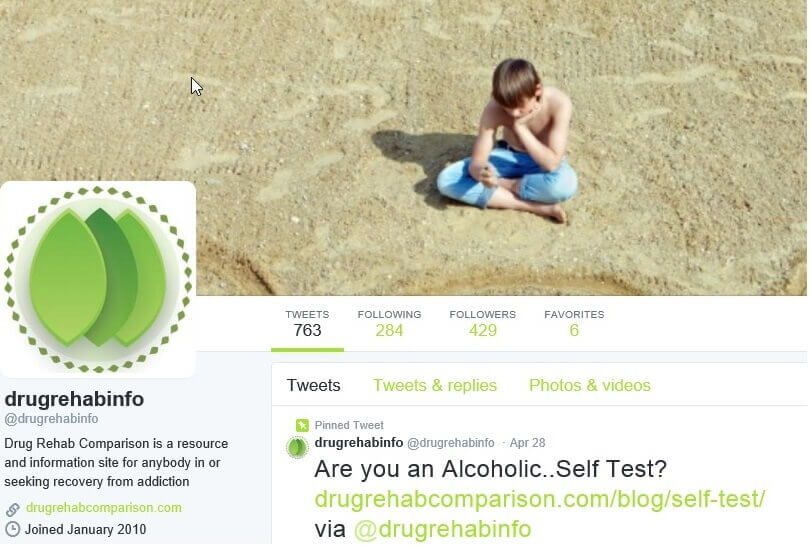
Other Resources:
http://rehab-international.org/blog/can-social-media-communities-help-addicts-in-recovery
http://www.hazelden.org/web/public/socialcommunity.page
